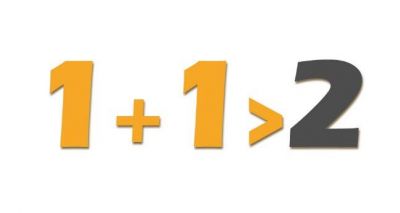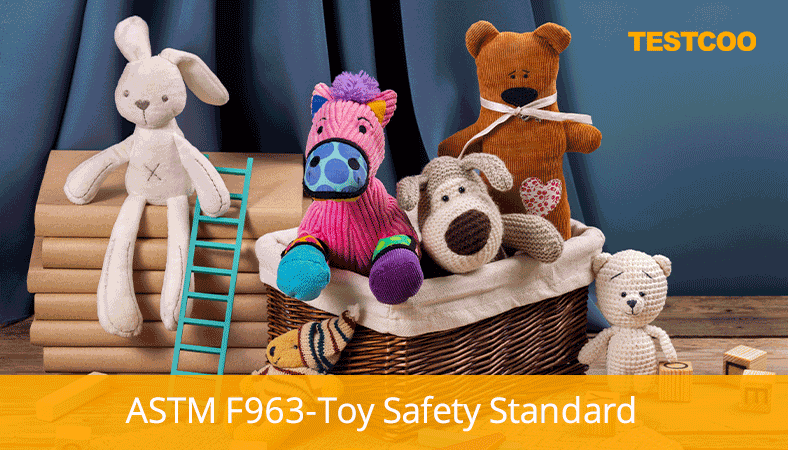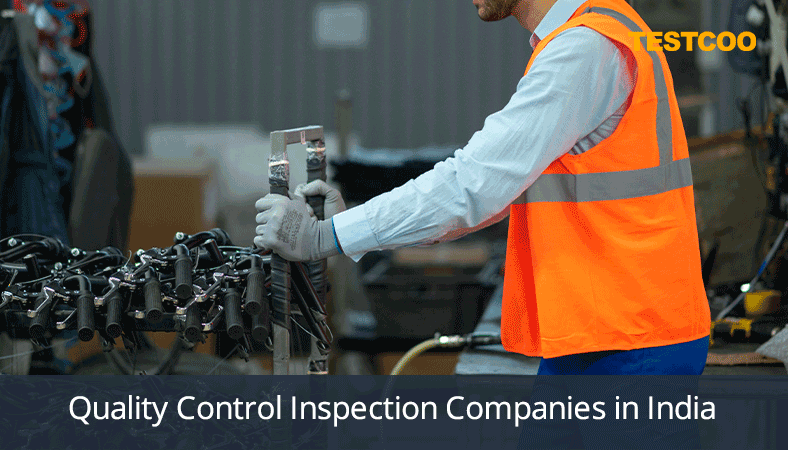What is Sample Checking in Quality Inspection?
Most businesses know that it's vital to conduct pre-shipment inspection to verify that their production orders meet all desired and required standards. However, not all businesses take advantage of a powerful measure to ensure the stability of product quality: Sample Checking.
Sample checking is conducted before the production begins. It is essential for protecting businesses from costly errors. In this blog, we will explore the objectives of checking samples, the benefits it offers to businesses and the key checks conducted during the inspection.
What is Sample Checking?
Sample checking is the process of inspecting a small sample of products from a production batch to assess their quality, consistency, and adherence to specifications. It is a method based on the evidence of a small sample to decide if a batch of products, are to be accepted or rejected.
Sample checking is a key tool in the field of quality management, which aims to ensure that the products produced or the raw materials used meet pre-established quality standards and specifications. This is a vital step for newly manufactured products before they are put into mass production.
Why perform Sample Checking?
The importance of sample checking in quality management is not only reflected in ensuring a stable level of product quality, but also involves many key aspects, which have a profound impact on manufacturers and markets. Here are six reasons why businesses should perform a sample checking.
Key checks conducted during Sample Checking
Throughout the sample checking process, it is crucial to verify the physical and functional attributes of the product against purchase orders, product master sheet, SOP and other documents. This verification ensures that the samples meet specified requirements, helping to prevent potential quality issues in larger production runs.
The inspection covers a wide range of checklist to ensure product quality:
- Visual and Workmanship Check - Inspectors verify the product and basic operation function for all sample size against requirements. The overall workmanship of the samples is thoroughly checked to identify any visible defects. Defects are typically classified as minor, major, or critical based on predetermined acceptable tolerance levels, which are usually agreed upon between the supplier and manufacturer.
Read more here to learn about defects: Acceptable Quality Limit (AQL)
- Product Conformity - Check whether the product style and color are consistent with the specifications and other design documents. Quality control inspectors check product material and construction, color, marking, and labeling.
- Data Measurement/Field Test
- Measure the product size and weight. If the product is a garment, the inspector checks whether correct sizes have been assigned to the shipment and that the sizes correspond with production dimensions and the labels. For other products, dimensions may be much more important, so check the size and weight according to product spec.
- Assembly or installation according to the instruction manual or guide on package to see the component is complete, assembly steps is suitable & the finished product is good performance.
- Function check: All captioned function is well conducted as intended, such as installation, adjusting, actual using function etc. For garment, apparel and footwear inspections, the inspe ctors perform physical tests on the products to determine the strength of buttons, zippers, and other accessories with pull tests, fatigue tests, and stretch tests.
- Packing/Marking/Labeling - Check whether correct packing materials are being used to ensure safe transportation, the shipping mark and packages comply with relevant requirements. It is especially important that labels meet with the market standards and compliance. The following points need to be checked :
- Check shipping mark, label, and barcode per item / PO. Pay attention for the special requirement such as the recycle symbol, warning statement, as well as the GW/NW of carton
- Package / Packing method checked
- Gift box, hangtag, label, IM verified
- If there is polybag available, check the width of polybag and punched hole, to see whether meet the requirement of the warning statement
- Focus on destination language, special requirement, and claim match to the actual on the package
How can TESTCOO help you?
Through the professional inspection and comprehensive checks of samples, TESTCOO's sample checking services help customers buy high quality and compliant products, thereby gaining a competitive advantage in the market.
Once the sample inspection is completed, our client will receive a detailed inspection report on the second working day, showing the results in detail in a combination of text and pictures, even videos. Based on the inspection report provided by TESTCOO, the customer decides to accept or reject the product and make corresponding production improvements.
We have qualified inspectors and technical experts in various product categories to ensure comprehensive and reliable quality control. TESTCOO inspectors can be made available in more than 30 countries in the world within 24 hours of request to be your reliable third-party quality service provider.
Check out the network of our inspectors: Inspection Coverage
Other quality inspections performed by TESTCOO
While sample checking will help to get production off to a very good start, it's best to fully ensure quality with further checks. A sample checking is essential for verifying the quality of the samples before put in introduction, other inspections offer distinct advantages throughout the manufacturing process.
Initial Production Checks (IPC) usually aims to check on production schedule, verify production capacity and output, materials and accessories, product quality, quantity, function, labeling, marking, packaging, and other required parameters. An IPC helps identify and address issues early on, reducing risks at the outset, diminishing the risk of your supply chain getting interrupted.
During Production Inspection (DUPRO) are performed when production is 20-50% complete, ensure that any issues discovered during IPC are promptly corrected. A DUPRO improves production processes and quality and ensure the product meets specification prior to release and shipment.
Final Random Inspection (FRI) acts as a final check to evaluate product quality, packaging, product labeling, and carton markings and ensure that items are correctly packed and fit for their intended use.
Loading Supervision (LS) verifies count, confirm load, and seal the container to ensure that the products are consistent with the packing list of the client, the correct amount of different styles, sizes, and quantities.
Learn more about TESTCOO quality inspection and contact us for a quote.
Free Sample Report Performance Quality Control
Download a sample report to keep control of your supply chain!
Featured Articles
 Quality Control, Inspection Services in China
Quality Control, Inspection Services in China How Should Traditional Inspection Industry Transit In Industrial 4.0 Era
How Should Traditional Inspection Industry Transit In Industrial 4.0 Era How Do We Make 1+1 More Than 2. Testcoo Knows
How Do We Make 1+1 More Than 2. Testcoo Knows Valentine’s Inspection Knowledge
Valentine’s Inspection Knowledge Starting Your Importing Business From China (Part 1)
Starting Your Importing Business From China (Part 1) Time To Worry About Your Partner Factory
Time To Worry About Your Partner Factory Xiaomi In No Hurry For International Expansion
Xiaomi In No Hurry For International Expansion Critical Rise Imported Car Sales In South Korea
Critical Rise Imported Car Sales In South Korea Boeing is building its first overseas factory in China
Boeing is building its first overseas factory in China “315 Evening Gala”——Savior of China’s Quality Issues
“315 Evening Gala”——Savior of China’s Quality Issues




